Overview
Map
Other Details
كنيسة مار جرجس
Rmaich
Bent Jbeil
Nabatieh
كنيسة مار جرجس - رميش تأسّست الكنيسة الأولى سنة ١٧٤٠، مع قدوم الموارنة إلى البلدة. تعرّضت هذه الكنيسة للتخريب جرّاء الزلازل والحروب عدّة مرّات. أُعيد بناؤها بالشكل الحاليّ سنة ١٩٢٩ ورمّمتها مديريّة الآثار سنة ١٩٩٥. الكنيسة كناية عن سوقٍ واحدٍ مستطيل مسقوف بسقفٍ بغداديّ. مذبحها رخاميّ يحوي نقشًا لمار جرجس. وتحوي الكنيسة لوحتين للسيّدة ومار جرجس. The church of St George - Rmeish The church was founded in 1740 when the first Maronites came to the village. It was damaged many times due to wars and earthquakes. It took its current form in 1929, and was restored in 1995. The structure is a single roofed rectangular nave with a wooden ceiling. The main altar contains a marble Bas-Relief of St George. The church holds two local paintings: the Madonna and St George.
Visited 3319 times, 7 Visits today
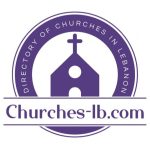

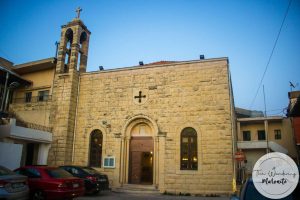
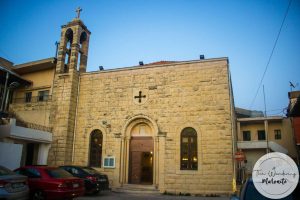
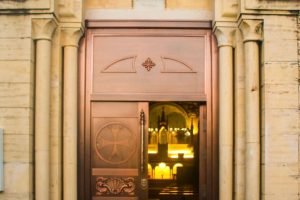
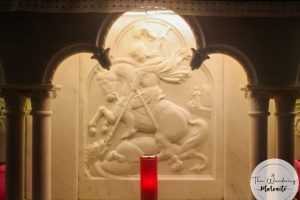
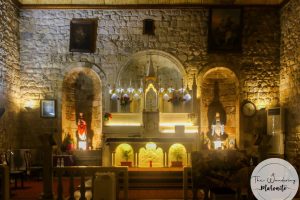
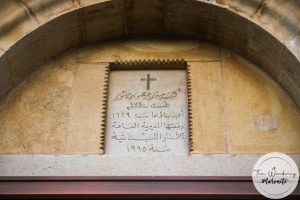
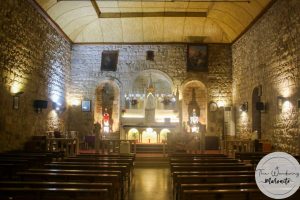
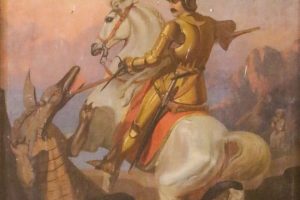
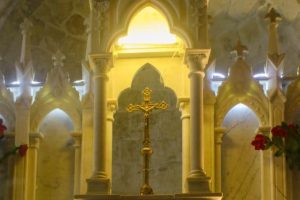









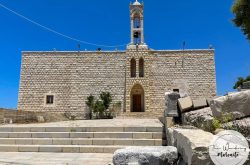
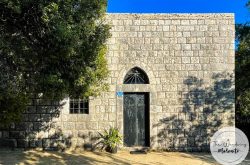
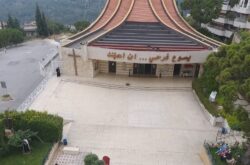
Reviews are disabled, but trackbacks and pingbacks are open.